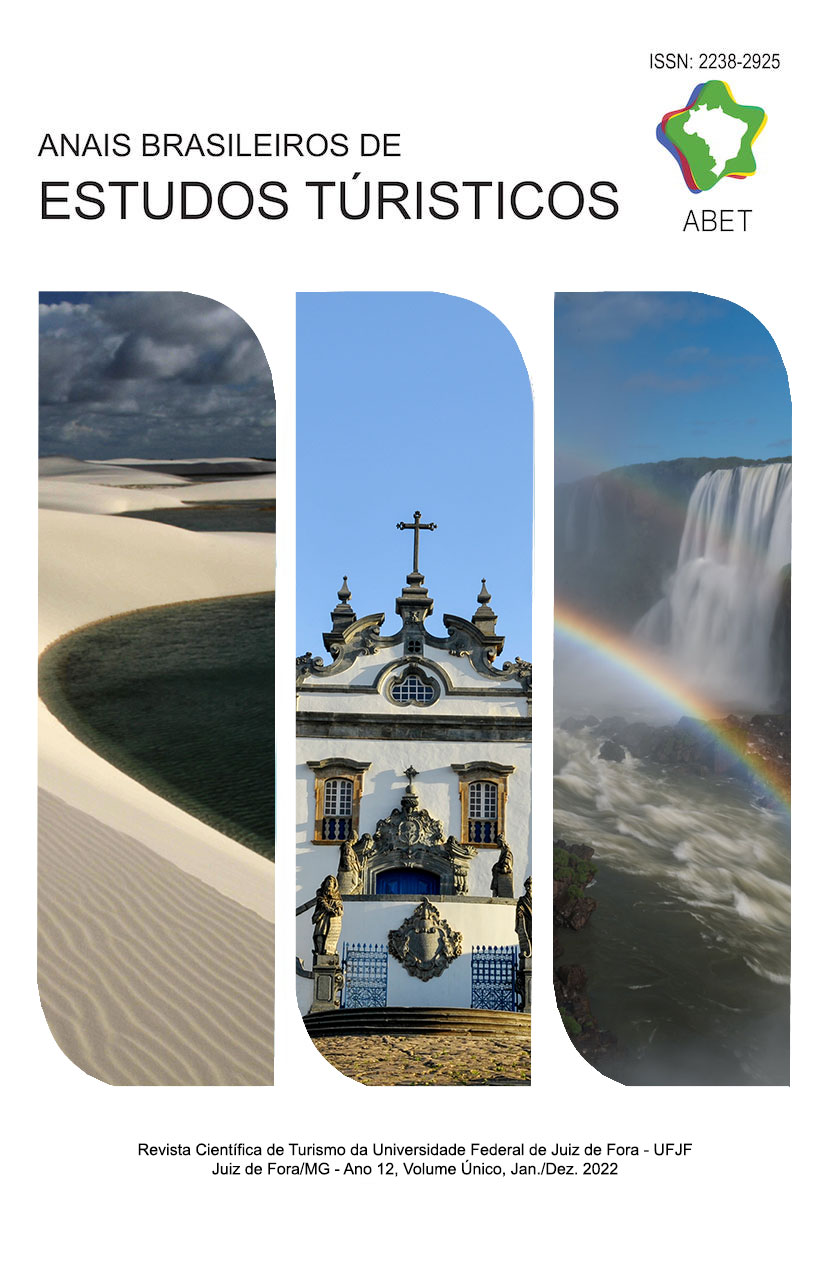Transformations of the Heritage Landscape Induced by Urban and Tourist Public Policies in Public Spaces in the City of São Luís (Maranhão)
DOI:
https://doi.org/10.5281/zenodo.6632580Keywords:
São Luís Historic Center, Largo do Carmo, João Lisboa square, Heritage landscape, TourismAbstract
This paper is dedicated to collaborate with a discussion pertinent to the investigative interests of geography science, because it brings to light an analysis of the transformation processes that the urban space goes through. In this sense, the city of São Luís (Maranhão, Brazil) was used as an analytical spatial cutout of the referred phenomenon, in a specific way, through the João Lisboa Square and the Largo do Carmo, environments located in the historical center of the capital of Maranhão that is recognized as world heritage city by UNESCO. Thus, these are places of utmost relevance to the local society, since they preserve a patrimonial landscape, dating from the colonial period of the city. Thus, we have as research objective: to analyze the landscape changes of these areas from tourism-related interventions. To succeed, we carried out bibliographic research, analysis of public policies, and field activities. As a result, it was found that although the places preserve their landscape configurations, due to their listing, their dynamics of use and occupation were modified by the insertion of tourism in the places.
Downloads
Downloads
Published
How to Cite
Issue
Section
License
Copyright (c) 2022 Anais Brasileiros de Estudos Turísticos

This work is licensed under a Creative Commons Attribution 4.0 International License.
This journal provides immediate open access to its content, following the principle that providing free scientific knowledge to the public provides greater democratization of world knowledge.
Authors must agree to the following terms relating to copyrights:
(a) Authors keep all copyright and grant the to the journal the right of first publication, with the work simultaneously licensed under the Creative Commons Attribution License that allowing job sharing with recognition of authorship of the work and initial publication in this journal.
(b) Authors are allowed to assume additional contracts separately, for non-exclusive distribution of the version of the work published in this journal (e.g. publish in institutional repository or book chapter), with recognition of authorship and initial publication in this magazine.
(c) Authors are allowed and are encouraged to publish and distribute their work online (e.g. in institutional repositories or on your personal page) since they do not do this before or during the editorial process, as this can generate productive interchange, as well as increase the impact and citation of work aired. (See Effect of Free Access).















